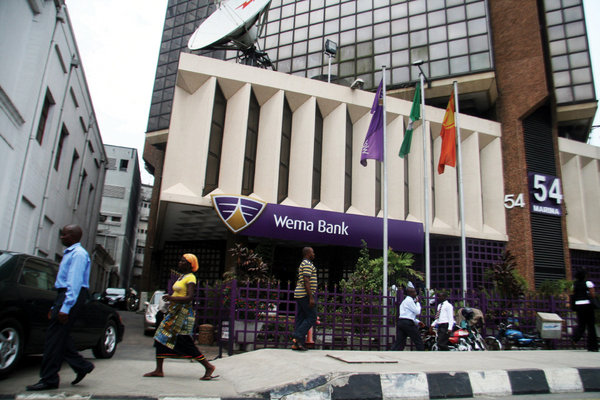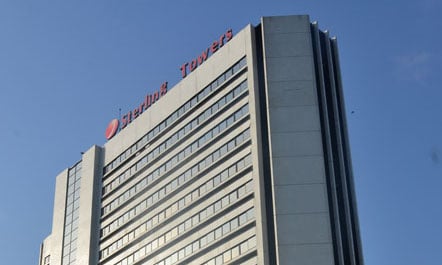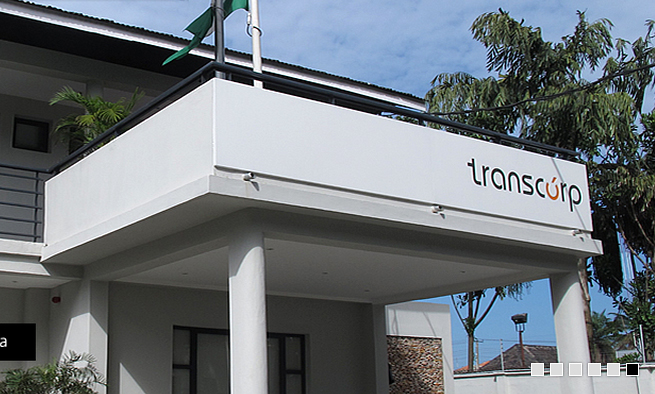Union Bank of Nigeria is expected to strengthen its recovery and growth momentum this year, having beefed up its equity resources last year with new money from rights issue. Growth in credit loss expenses undermined profit capacity for the third year running in 2017 but with improving revenue, the bank may reduce the proportion of gross earnings claimed by loan impairment charges this year.
The bank’s management achieved a strong growth of 26.4% in gross earnings in 2017, which established a new peak in earnings at about N164 billion. The first quarter of the current year has also ended with a year-on-year growth of 15% in gross earnings to N39.47 billion.
Union Bank hasn’t seen revenue growth this strong any time since 2011. Non-interest income, driven by net trading and fee/commission income, is leading revenue growth this year.
A major positive development for the bank at the end of the first quarter is that interest expenses have come under control, increasing by 6% compared to over 14% growth in interest income. This is a departure from last year’s position when interest cost rose more than one and half times as fast as interest income.
Advertisement
The effect of the moderated growth in interest expenses is that net interest income has stretched out. Compared to a flat growth at the end of 2017, net interest income grew by 22% year-on-year to N17.83 billion at the end of the first quarter.
Whether loan loss expenses would decline or continue to grow this year isn’t yet certain as per the first quarter record. While the net impairment charge for credit losses was relatively low at N2.35 billion at the end of the first quarter, this represents a sharp growth from only N320 million in the same period last year.
The impact of loan impairment expenses on the income statement was partly countered by the improvement in non-interest income, which permitted an increase of over 11% in operating income to N23.3 billion at the end of the first quarter.
Advertisement
Some cost saving came from operating expenses, which grew by less than 10% to N17.9 billion at the end of March, 2018. That reduced the bank’s operating cost margin from 47.4% in the same period in 2017 to 45.3% at the end of the first quarter.
Management was able to stretch out profit capacity in the first quarter, with net profit margin improving from 8.9% at the end of 2017 to 13.4% at the end of the first quarter. This is a higher profit margin than the bank has recorded over the preceding three years.
Whether the bank would be able to sustain the improved performance record to full year depends on what direction loan loss expenses would follow in the course of the financial year. It is usual for the bank for loan impairment charges to rise sharply in the final quarter.
Union Bank strengthened its balance sheet last year with a rights issue of five for seven that injected N49.75 billion into the capital account. The strengthened equity base enabled the bank to write off a retained deficit of close to N248 billion against its robust share premium account.
Advertisement
This is expected to clear the way for possible dividend payment this year. The bank was however still carrying a retained deficit of close to N17 billion at the end of the first quarter, an increase from the much deflated figure of N14.4 billion at the end of last year. Retained deficit needs to change to retained profit for cash dividend payment to become possible.
With an increased volume of shares from the rights issue, earnings per share has dropped from 26 kobo in the first quarter of last year to 18 kobo at the end of March this year. The bank earned 81 kobo per share at the end of 2017.
Add a comment







